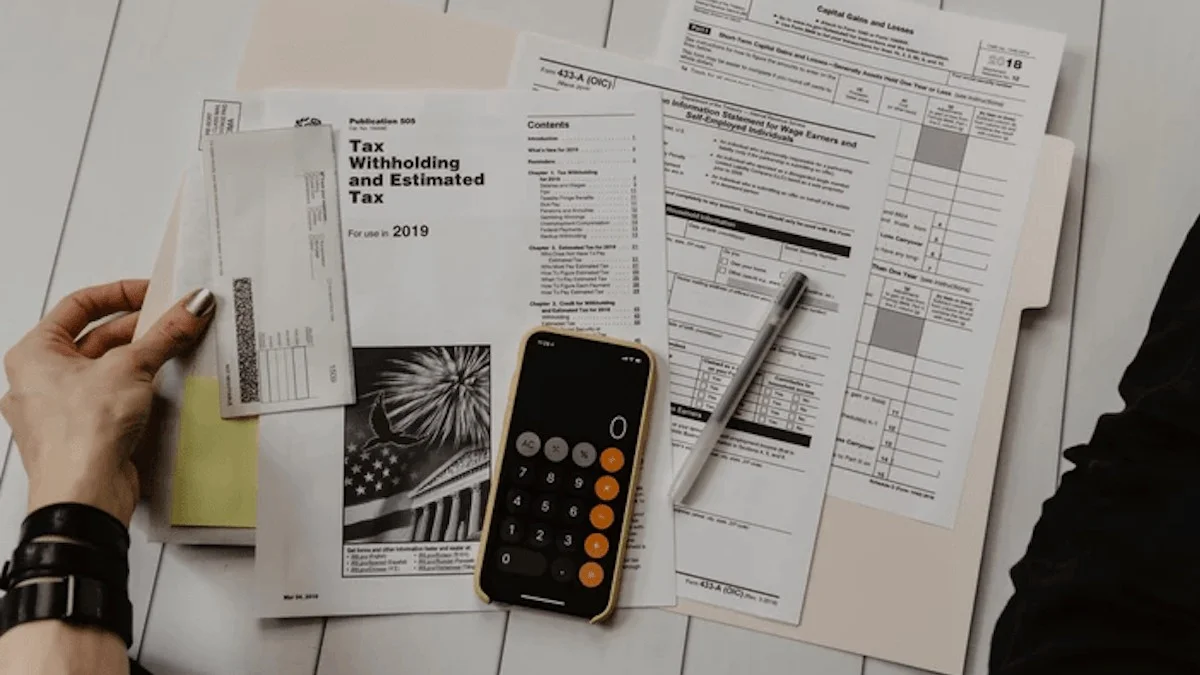What made you interested in AML/CFT and financial crime?
“Access to the financial system helps transform lives around the world. But the financial system is also the lifeblood of some of today’s most damaging crimes – from human trafficking to terrorism, the drug trade to corruption. This puts AML/CFT and financial crime specialists like me in the front line of fighting financial crime. What interests me most is being able to build and maintain a robust defence system as a gatekeeper to the financial system. This means engaging my people and strengthening the culture so that each and every one of us sees fighting financial crime as a core part of the day job.”
What is the most important thing you have learned when it comes to AML/CFT?
“I have grown to learn the importance of taking a risk based approach rather than taking a tick box approach. You cannot be a “no” or “yes” person. To be successful in AML and compliance you have to come up with creative ways to add to the bottom line and to help front line staff find their success without breaking the law or breaking away from their own values. Being a person with high integrity is a value that has no ambiguity and doing the right thing especially when it is uncomfortable.”
What are some of the biggest challenges you have experienced in AML/CFT?
I read a recent article on the biggest AML compliance challenges and could totally relate to it. Digitalisation of products and more complex payment streams, increasingly sophisticated criminals and their networks, global regulations increasing pressure on AML compliance expectations and expanding volumes of data are some of the biggest challenges faced by people in my profession. Money launderers will always find newer ways to use financial institutions for illegal activities. The timely detection of laundering activities is probably one of the most challenging aspect in the implementation of an efficient AML program.
What would you consider to be a key thing people forget or do not understand when it comes to AML/CFT?
I think people forget or do not understand the importance of complying with the various obligations under the AML / CFT Act 2009, and the consequences of non-compliance. Penalties range from a formal warning or enforceable undertakings to serious criminal proceedings and civil penalties. Enforcement actions associated with AML have been on the rise. Since 2009, regulators have levied about $32 billion in AML-related fines globally.
Do you think your sector adapted well to being under the AML/CFT Regime in New Zealand?
I think the Sector Risk Assessment 2017 (SRA) is a key document in ensuring that the sector adapts well to being under the AML/CFT Regime. Brokers and custodians were rated as having an inherent risk of medium-high, and the SRA provided red flags as a starting point for Reporting Entities to consider in their risk assessment and compliance programme. This gave the sector an indication of the internal control measures to put in place to ensure a reasonable residual risk.
What is one of the most rewarding parts of working within your sector and supporting the AML/CFT regime within New Zealand?
Every sector comes with its own challenges and brokers & custodians is a new environment for me. It’s mentally stimulating for me to learn about the risks related to brokers even though I have an extensive background in AML. I enjoy the challenge of having to apply my knowledge to this sector to grow, learn, develop, and add to my existing skill set.
How do you tend to keep up to date with all things AML/CFT?
I subscribe to FMA updates and regularly visit various websites some of which are FATF, Thomson Reuters, Basel AML Index, CAMS, DIA and RBNZ.

Dale's top tips
Almost everything we use in our day-to-day lives is integrated with the latest technology: phones, tablets, bluetooth, the list is never ending. You must embrace this energy and channel it as an AML training resource.
Good corporate governance sets the right culture within the organisation for effective AML compliance.
Know your risks and continually improve your AML programme to control those risks.
Read more from experts working in the AML industry with Khumo Motsisi from Clarency Singapore Pte. Ltd.




